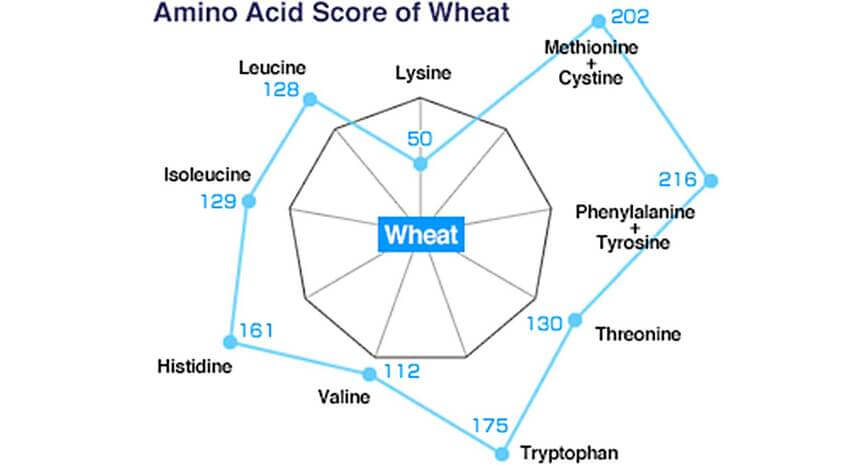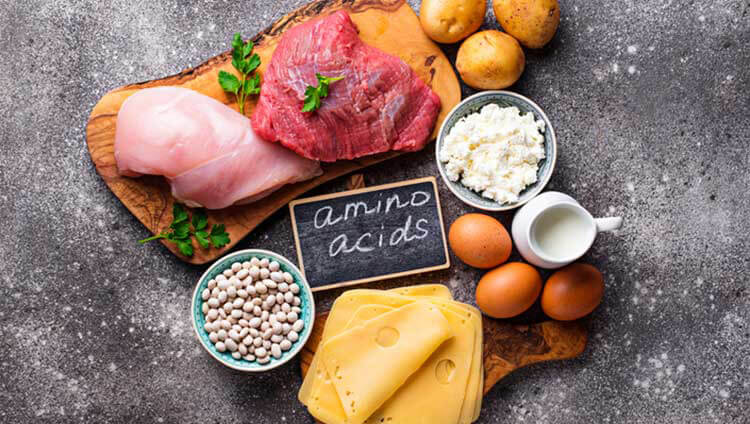Using Lysine to Improve Nutrition in Developing Countries
Lysine is one of the most frequently mentioned essential amino acids. Not having enough lysine and other amino acids can lead to serious problems such as stunted growth and severe illness. Children who eat lysine-fortified wheat have shown significant improvements in growth.
Fortifying wheat with lysine to promote healthy growth in children
There are 200 million malnourished children worldwide. Across the globe, over 800 million people suffer from chronic malnourishment, including an estimated 200 million children whose diet fails to provide enough protein and energy. Malnourishment is particularly severe in underdeveloped areas of Asia, Africa, and Central and South America. The situation will only become more dire if the global population keeps growing.
A staple food in many countries, grains are an important source of carbohydrates and protein for energy. However, diets dependent on wheat and other grains for most of their protein are lacking in certain essential amino acids such as lysine. Because the body’s use of protein is limited by the least-present amino acid, this prevents full utilization of the nutrients in protein.
Protein deficiency can lead to conditions such as stunted growth, lowered immunity, and lethargy. It is especially problematic for growing children.

Source: Kagawa Nutrition University, Standard Tables of Food Composition in Japan, Fifth Revised and Enlarged Edition (2008)
Our initiatives aimed at improving nutrition in developing countries
To address malnutrition in children, the Ajinomoto Group has been working with the United Nations University and other partners to fortify wheat with lysine in developing countries. Children who eat lysine-fortified wheat have shown significant improvements in growth as well as stronger immunity compared with children who eat non-fortified wheat.
Levaraging amino acids such as lysine to help achieve global food security
Nutrition and health improvement are major issues in developing countries. Fortifying wheat with amino acids enables many more nutrients and proteins to be absorbed from the same amount of wheat. This contributes to food security and helps ensure that available grain resources are used as effectively as possible.
Content you may like

What Are Amino Acids? Essential Nutrients for All Life
Amino acids are organic compounds that make up proteins and are the source of our very life. This article provides an overview of amino acids, ...

20 Amino Acids that Make Up Proteins
As is popularly known, different amino acids are the main components that make up proteins. Amino acids refers to compounds whose molecules contain an amine ...

Amino Acids and Alcohol
Amino acids (alanine and glutamine) assist liver function. Alanine and glutamine are glucogenic amino acids that make glucose in the body to provide energy. Taking ...
